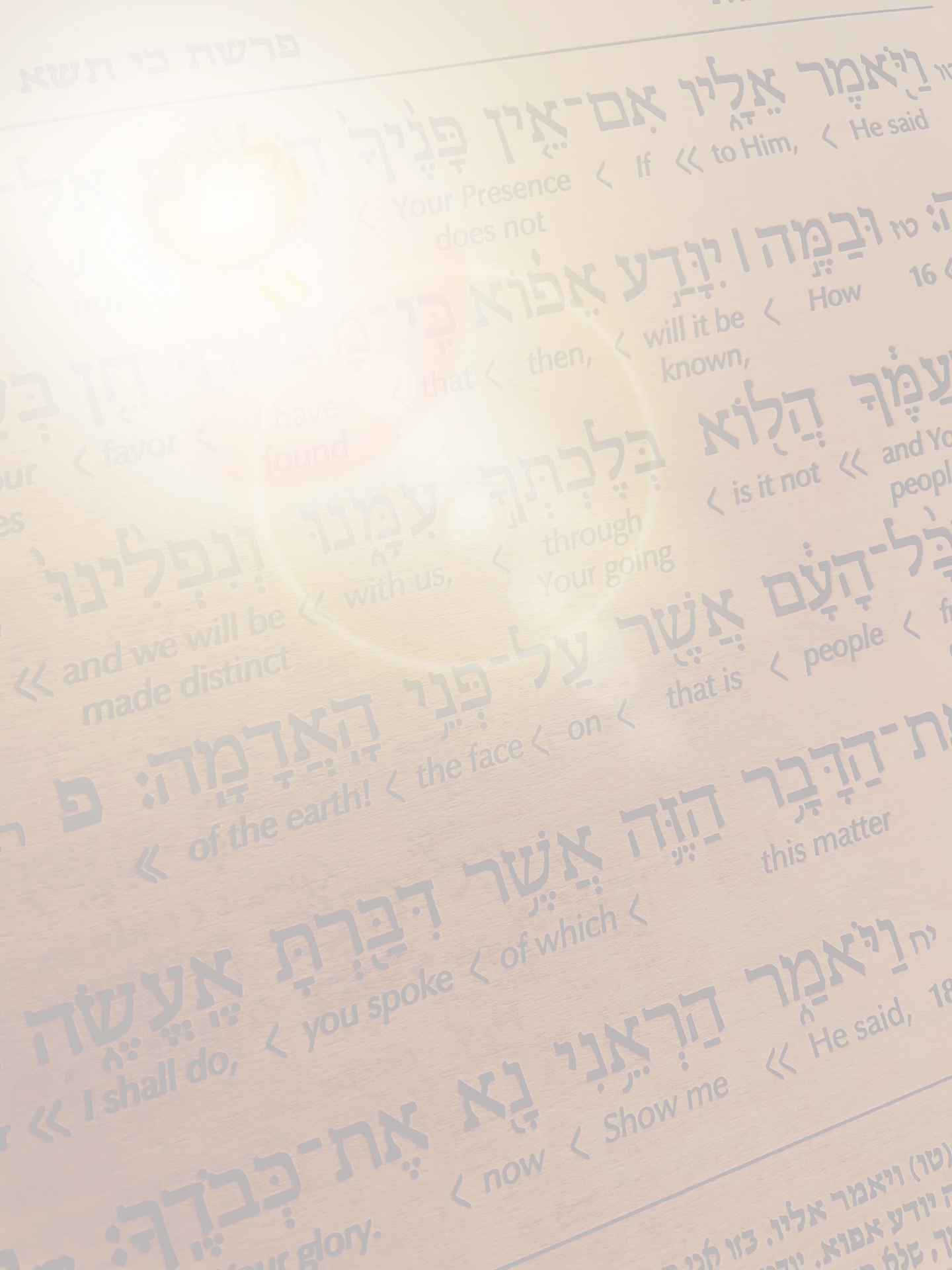

About the Course
CORE COURSE
This World History from a Torah Perspective course explores global historical events through a factual lens, emphasizing the development of major civilizations, from early human societies to modern states. It covers Mesopotamia, Egypt, Greece, Rome, China, India, the Mongol Empire, and Russia, integrating archaeological findings and global interactions. The course focuses on the impact of these civilizations on the world, without delving into religious history, providing students with a clear, Torah-informed view of historical facts and their significance.
First Semester
Weeks 1–2: From Adam to Noah (Lessons 1–4)
Topics: Early generations from Adam to Noah, focusing on historical and archaeological evidence for early human civilizations that parallel Torah narratives.
Assignment: Essay on the significance of early Biblical generations in shaping human history.
Weeks 3–4: Noah’s Ark and the Great Flood (Lessons 5–8)
Topics: Exploration of global flood myths and historical accounts of great floods, focusing on how the story of Noah fits into broader human history.
Assignment: Analyze the historical impact of the Flood on the development of civilizations and its potential archaeological evidence.
Weeks 5–6: Descendants of Noah’s Sons (Lessons 9–12)
Topics: Overview of the Yafetic, Shemitic, and Chamitic nations and their roles in world history (e.g., Egypt, Greece, Rome, etc.).
Assignment: Research the historical development of one of these civilizations and its influence on global history.
Weeks 7–8: Ancient Civilizations: Egypt, Rome, and Greece (Lessons 13–16)
Topics: Exploration of the rise, peak, and decline of ancient Egypt, Rome, and Greece, with an emphasis on historical facts such as political systems, wars, and societal achievements.
Assignment: Comparative study of the historical records of one of these civilizations with its mention in the Torah.
Weeks 9–10: Phoenicians and Assyrians (Lessons 17–20)
Topics: Examination of the Phoenicians’ role in trade and language development (alphabet) and the Assyrians’ empire-building and military innovations.
Assignment: Presentation on the cultural and historical influence of the Phoenicians or Assyrians.
Weeks 11–12: History of Languages and Symbolic Systems (Lessons 21–24)
Topics: Study of major ancient languages and writing systems (hieroglyphics, cuneiform, early alphabets) and their impact on civilization.
Assignment: Comparative chart or presentation on the evolution of ancient languages and writing systems.
Weeks 13–14: Arab Contributions to History (Lessons 25–28)
Topics: Focusing on Arab trade, scientific contributions, and geopolitical influence in the ancient and medieval world.
Assignment: Research paper on Arab contributions to world history, particularly in areas such as navigation, science, and commerce.
Weeks 15–16: Major Civilizations of the East (Lessons 29–32)
Topics: Study of early Chinese and Indian civilizations, focusing on historical achievements such as the Great Wall, the Han Dynasty, and early Indian empires.
Assignment: Research on an important historical event from these civilizations and its impact on global history.
Week 17: Archaeological Discoveries: Affirming Torah Stories (Lessons 33–34)
Topics: Study of archaeological findings that support the existence of historical figures and events mentioned in the Torah.
Assignment: Analysis of a significant archaeological discovery related to a Torah story.
Week 18: Temple Artifacts and Archaeological Counterfeits (Lessons 35–36)
Topics: Study of artifacts from the First and Second Temples, with a focus on identifying authentic historical objects versus counterfeits.
Assignment: Research and presentation on Temple artifacts and their authenticity.
Week 19: Final Review and Assessments (Lessons 37–38)
Topics: Final review of the semester’s material.
Assignment: Comprehensive test and major project on a chosen topic from the semester.
Second Semester
Weeks 20–21: Early Mesopotamian Civilizations (Lessons 39–42)
Topics: Study of early Mesopotamian civilizations such as Sumer, Akkad, and Babylon, focusing on their contributions to law, architecture, and warfare.
Assignment: Research paper on the Code of Hammurabi and its impact on legal systems.
Weeks 22–23: The Rise of Persia (Lessons 43–46)
Topics: The expansion of the Persian Empire, its governance system, and its wars with Greece, particularly focusing on historical facts.
Assignment: Presentation on the Persian Empire’s influence on trade and political structures in the ancient world.
Weeks 24–25: Ancient China and Its Contributions (Lessons 47–50)
Topics: Study of early Chinese dynasties, focusing on political achievements such as the formation of centralized government, the construction of the Great Wall, and innovations in technology and agriculture.
Assignment: Comparative analysis of Chinese innovations and their global impact.
Weeks 26–27: India’s Historical Achievements (Lessons 51–54)
Topics: Historical exploration of early Indian empires (Maurya, Gupta) and their advancements in mathematics, science, and governance.
Assignment: Research paper on a key historical achievement of ancient India and its relevance today.
Weeks 28–29: The Mongol Empire and Its Expansion (Lessons 55–58)
Topics: The rise of Genghis Khan, the Mongol conquests, and the expansion of the empire into Russia, the Middle East, and China.
Assignment: Essay on the geopolitical impact of Mongol rule in Eurasia, focusing on their military and administrative strategies.
Weeks 30–31: The Formation of Russia (Lessons 59–62)
Topics: The rise of Kievan Rus, the role of trade and warfare in its development, and the subsequent expansion under Ivan the Great and Ivan the Terrible.
Assignment: Research project on the early formation of Russian states and their significance in European and Asian history.
Weeks 32–33: Byzantine Influence on Russia and Eastern Europe (Lessons 63–66)
Topics: The influence of the Byzantine Empire on Russia’s culture, law, and trade, including interactions with Eastern Europe.
Assignment: Comparative analysis of Byzantine and Russian political and cultural exchanges.
Weeks 34–35: The Crusades and Their Impact on the Middle East (Lessons 67–70)
Topics: Study of the Crusades as military expeditions, their motivations, key battles, and long-term impact on the Middle East and Europe.
Assignment: Write an essay on the geopolitical consequences of the Crusades on the Middle East and Europe.
Weeks 36–37: The Renaissance and the Rise of Modern States (Lessons 71–74)
Topics: Study of the Renaissance and the early modern period, focusing on the rise of nation-states, global exploration, and shifts in power dynamics.
Assignment: Research paper on the historical significance of an early modern nation-state and its role in shaping modern Europe.
Week 38: Final Review and Assessments (Lessons 75–76)
Topics: Final review of the second semester’s material.
Assignment: Final exam and major project that involves tracing the development of a particular region or civilization across time.


